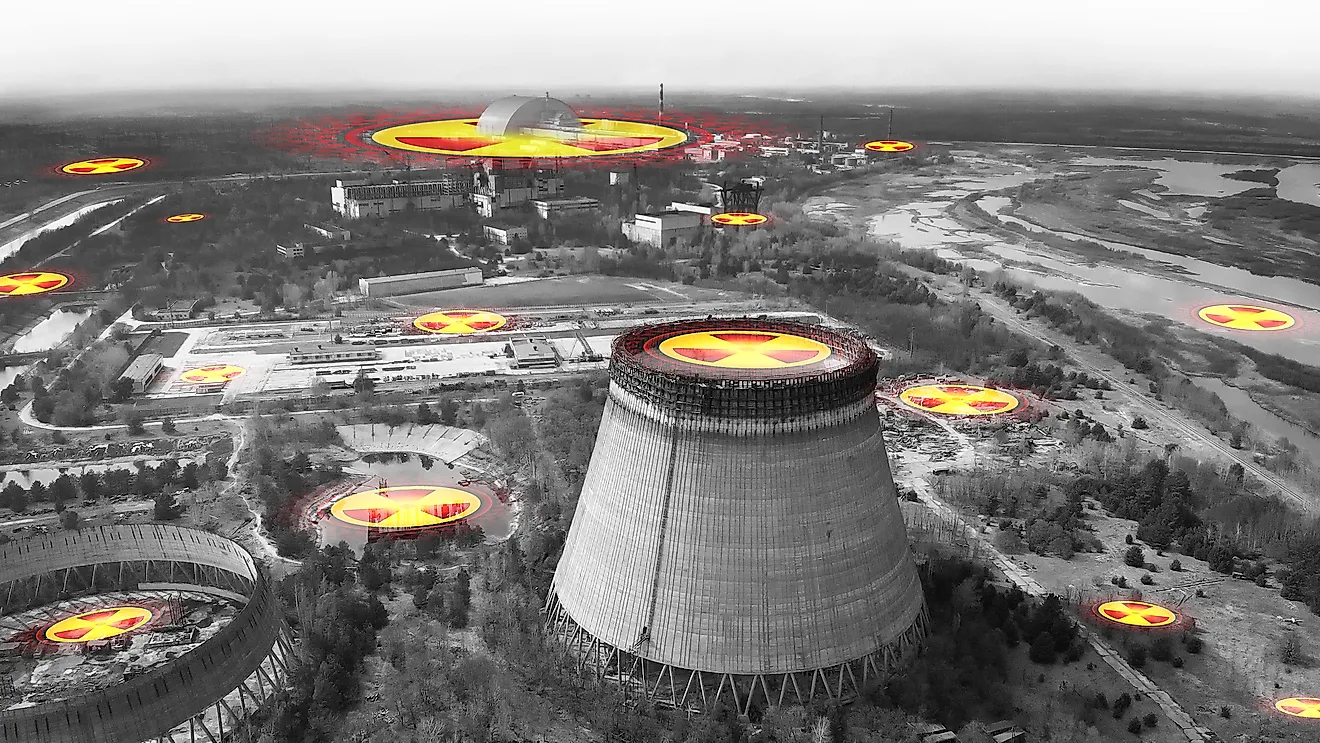

The most important segment of the reactor is the core, a huge chunk of. 4, was a huge 23 feet (7 meters) tall and almost 40 feet (12 meters) wide. Late effects are thyroid cancer, especially in children and adolescents, and leukaemia among exposed workers. The RBMK reactor that exploded at Chernobyl, No. It took place in what was then the Soviet Union but is modern-day Ukraine, and caused deadly radiation to fall across Europe. The immediate and short-term effects resulting from heavy fallout exposure include radiation sickness and cataracts. The Chernobyl disaster in 1986 is the worst-ever radioactive spill. There has been no clear evidence of any measurable increase in radiation-induced adverse health effects in other European countries. The major population groups exposed were clean-up workers, evacuees and residents of contaminated areas of Belarus, Russia and Ukraine. Official assessments by United Nations agencies have been challenged. The impacts on human health have been extensively studied, although experts are not unanimous in their views. The impacts on wildlife in the vicinity of the Chernobyl plant are disputed. Forests and fresh water bodies have been among the most affected ecosystems. Environmental impacts vary according to location and ecosystem.


In some areas, they were subsequently found in milk, meat, forest food products, freshwater fish and wood. The resulting environmental disaster has rendered the area surrounding the. Radionuclides were taken up by plants and later by animals. 4 at Chernobyls Vladimir Ilyich Lenin Nuclear Power Station was destroyed by an explosion. The Chernobyl fallout had a major impact on both agricultural and natural ecosystems in Belarus, Russia and Ukraine, as well as in many other European countries. Radionuclides were scattered in the vicinity of the plant and over much of Europe. In the new HBO miniseries 'Chernobyl,' Russian scientists uncover the reason for an explosion in Reactor 4 at the Chernobyl Nuclear Power Plant, which spewed radioactive material across northern. In the early hours of 26 April 1986, an accident at the Chernobyl nuclear power plant and the explosions it triggered caused a major release of nuclear radioactive material into the atmosphere.


 0 kommentar(er)
0 kommentar(er)
